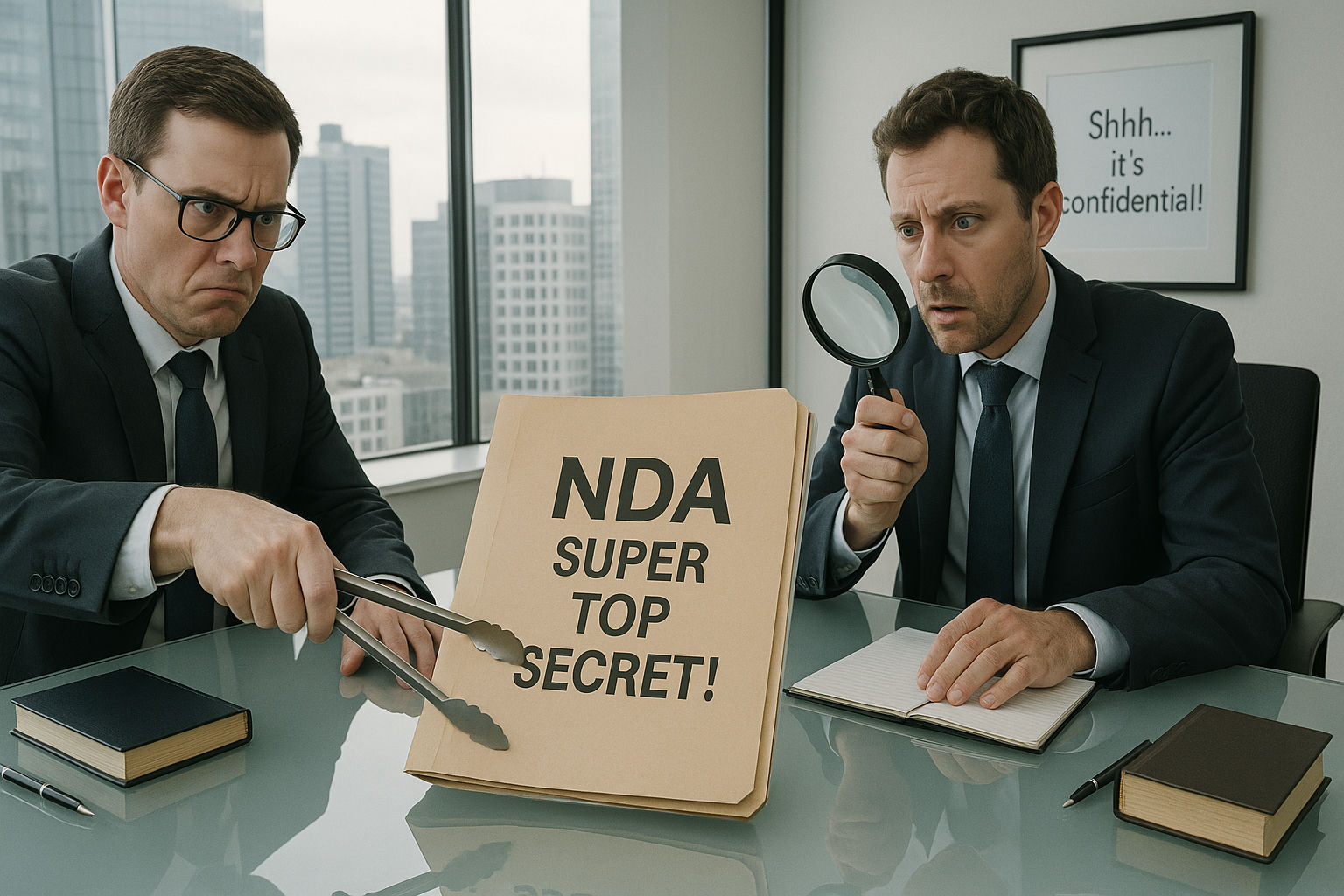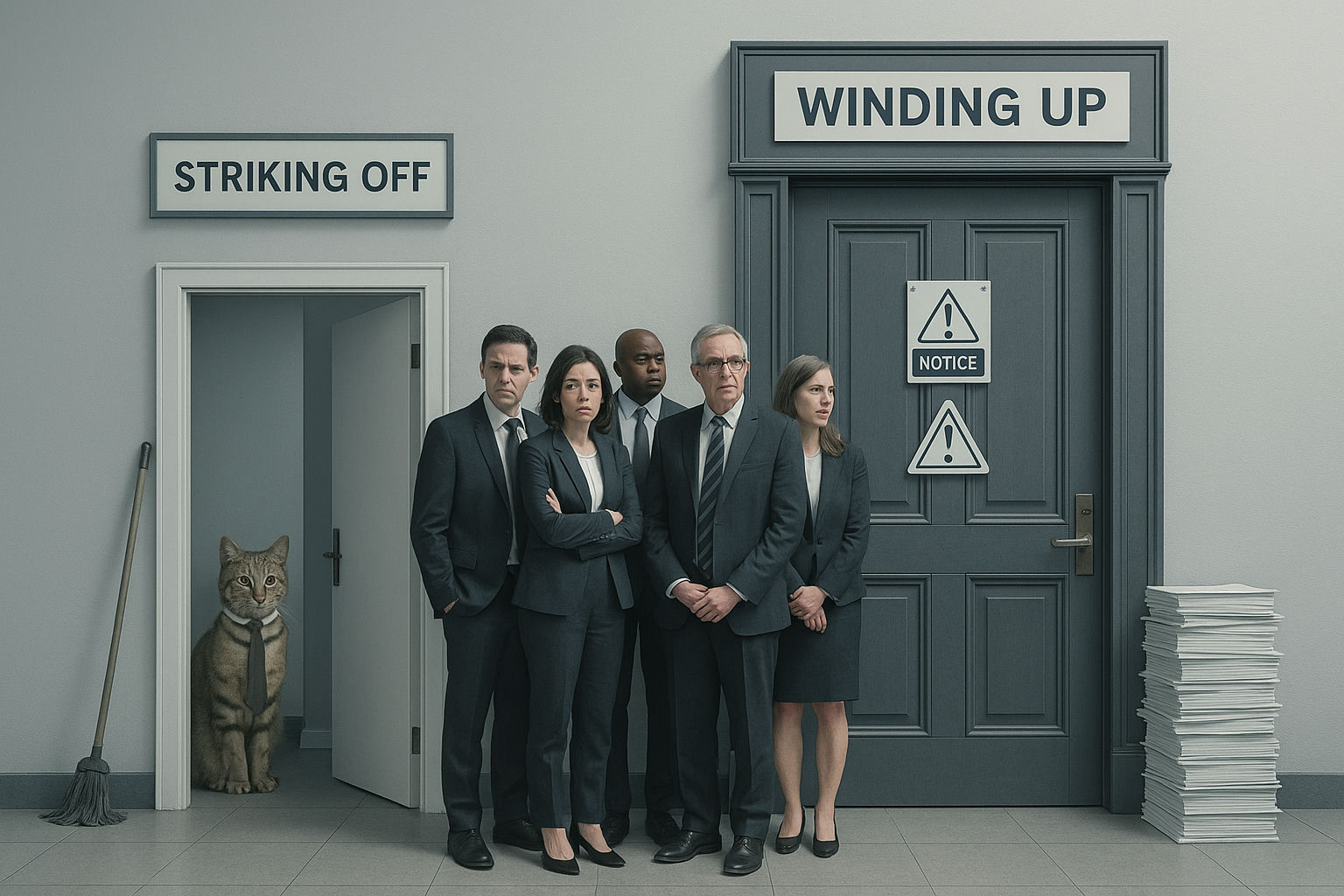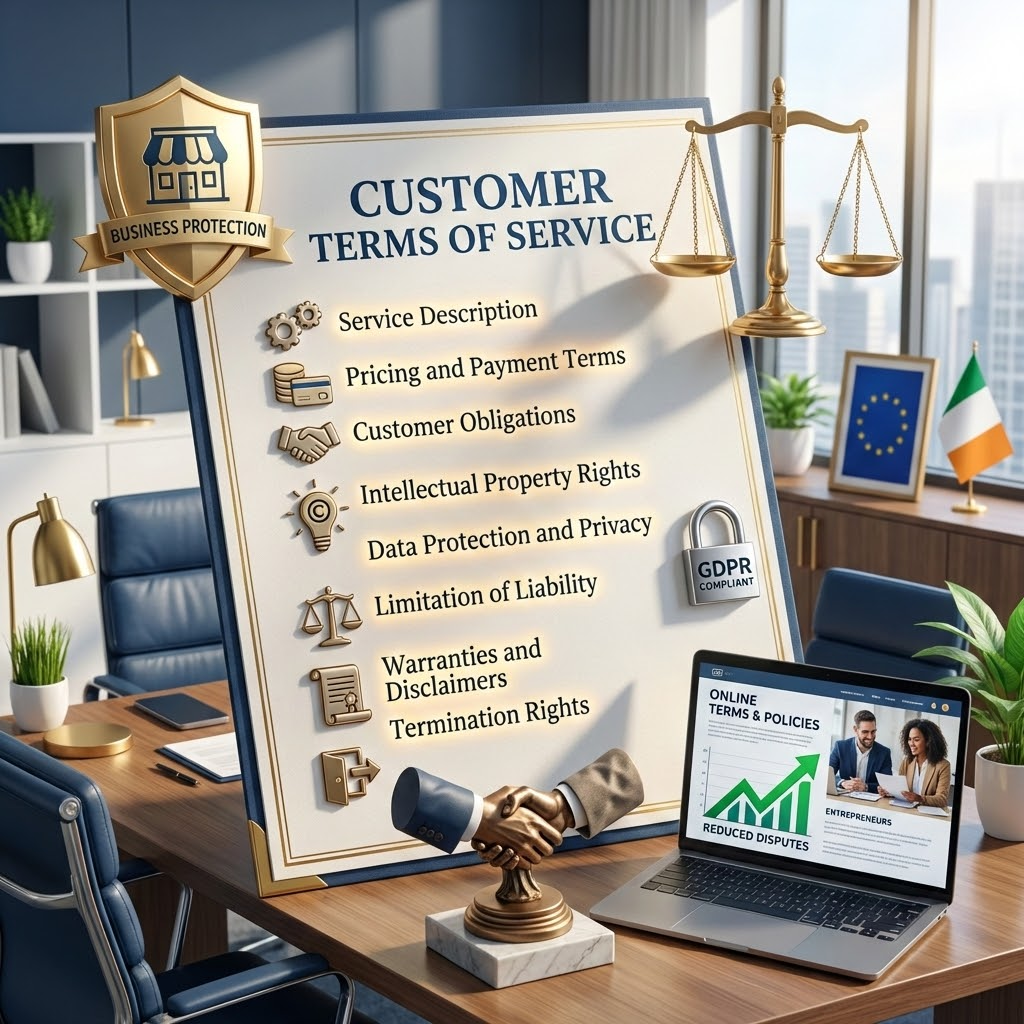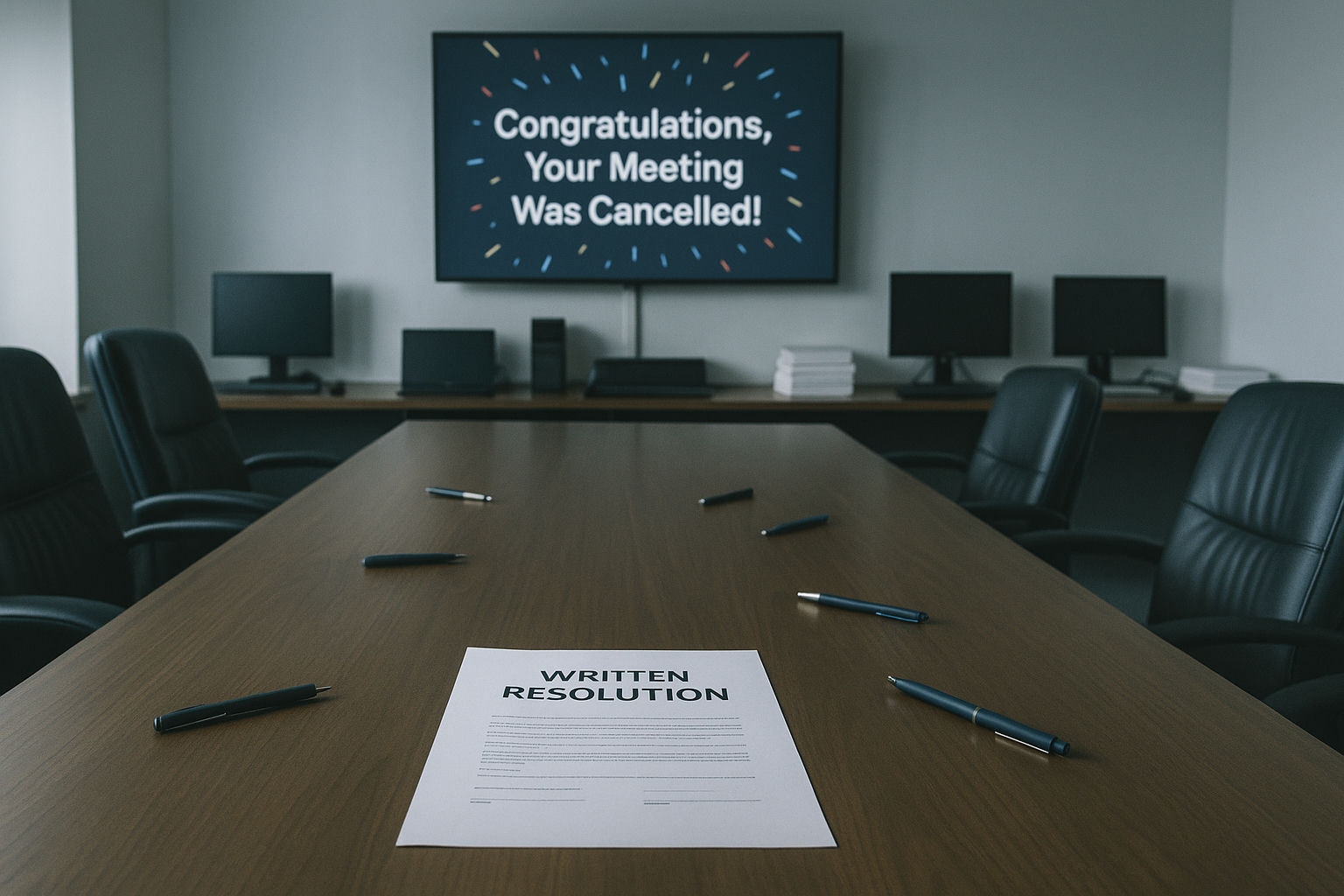This article is written for aspiring entrepreneurs and business founders in Ireland who are considering starting their own company.
It's particularly suited for those in the early stages of business planning who need to understand the basics of company structures and liability protection.
Key Takeaways:
- Limited liability creates a legal separation between personal and business assets, protecting founders' personal wealth if the business fails or faces legal challenges.
- The financial risk for company founders is restricted to their initial investment (share capital), meaning personal assets like homes and savings are protected from business creditors.
- The concept exists specifically to encourage entrepreneurship and innovation by reducing the personal financial risks associated with starting a business.
- The protection isn't absolute - founders can still be personally liable if they provide personal guarantees for loans or engage in fraudulent activities.

Limited liability is an old legal principle, but without it we wouldn't have the same flourishing business scene as we do. Why is that?
When you’re setting up a company, one of the biggest decisions you’ll make is choosing the right structure.
Most founders in Ireland opt for a private limited company, and there’s a good reason for that - limited liability.
But what does limited liability actually mean, and why is it such a big deal for founders?
What is Limited Liability?

In simple terms, limited liability means that as a founder, your personal assets are protected if things go wrong with your business.
If the company runs into financial trouble or gets sued, you won’t be personally on the hook for the company’s debts or liabilities.
Your risk is limited to what you’ve invested in the business, such as your share capital.
This shield ensures that your personal finances, like your home or savings, are not up for grabs to pay off the company’s creditors if things don't go too well.
An Example

Imagine you and a friend start a coffee shop, Brew Crew Limited. You each invest €5,000 in the company, bringing your total investment to €10,000. With this, you rent a great location, buy coffee machines, furniture, and supplies, and hire staff. Things start off well, but after a few months, a competitor opens and poaches away most of your customers.
To keep up, you decide to spend more on marketing and new menu items. However, sales continue to decline, and soon Brew Crew Limited is struggling to pay rent, suppliers, and staff wages. As debts pile up, it becomes clear the business can't recover, and you decide to close the shop.
Here’s where limited liability comes in: Even though Brew Crew Limited might owe, for example, €70,000 to suppliers, landlords, and creditors, your personal assets like your home, car, and savings are safe. Your liability is limited to the €5,000 that you invested in the business (which has probably been spent already). Creditors can only go after the company’s remaining assets, not yours personally.
Why is Limited Liability a Thing?
Limited liability protects you from losing everything if your business faces challenges, providing a safety net while allowing you to take calculated risks.
It exists to encourage entrepreneurship and investment.
It gives people the confidence to take the plunge and start new businesses without the fear of losing everything if things don’t work out. In other words, it’s a built-in safety net that makes the idea of starting a business less daunting.
The concept recognises that businesses inherently carry risks, whether that’s market conditions, economic downturns, or unforeseen operational setbacks.
By protecting founders' personal assets, the law encourages innovation and risk-taking, which ultimately benefits the broader economy.
The Safety Net for Founders
Ultimately, limited liability acts as a safety net for founders. It allows you to pursue your business ideas without the fear that one mistake could cost you your home or life savings.
It gives you the freedom to innovate, take calculated risks, and potentially fail, knowing that you won’t lose everything in the process.
Of course, limited liability doesn’t mean you’re entirely off the hook, if you give personal guarantees for loans or act fraudulently, you could still face personal liability.
But for most founders, it’s a crucial protection that makes starting a business a more attractive proposition.
How Can Open Forest Help?
So, if you’re considering launching your own company, remember that limited liability is there to safeguard you, giving you the confidence to take that leap and build something great.
Open Forest offers the cheapest and fastest incorporation packages in Ireland including holding companies for €99 including CRO fees and access to the Open Forest platform so you can keep track of all of your legal, tax and accounting obligations - at no additional cost.
Choose from one of our incorporation packages here and we will take care of the rest.

Stuart Connolly is a corporate barrister in Ireland and the UK since 2012.
He spent over a decade at Ireland's top law firms including Arthur Cox & William Fry.












